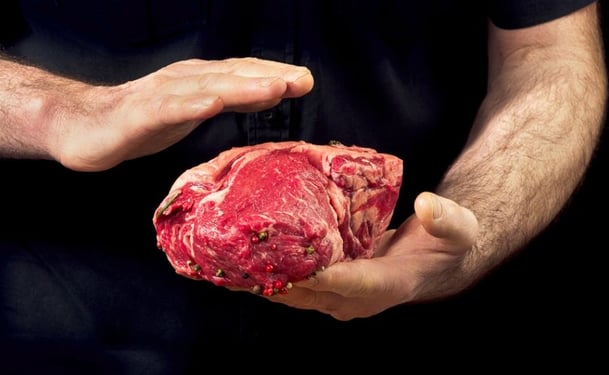The blistering of a cold sore can be a painful event lasting for several weeks. It is highly contagious and is worse in the wintertime. Although cold sores may be caused by a poor diet or calcium deficiency, most cold sores are from the herpes virus. This virus lays dormant in the body, and then may be triggered by stress, illness and a compromised immune system, fatigue, a lack of nutrition, menstruation or sun overexposure.
Preliminary medical studies show that Lysine may help, but there is no scientific evidence to support the effective use of Lysine for cold sore treatment. Some studies indicate that a recommended dosage based on the individual's weight and body mass must be included in the plan to be successful, increasing to a higher dosage as the body mass increases.
What Lysine Is
Lysine is an essential amino acid good for tissue repair and growth. With an essential amino acid, the body cannot naturally produce it on its own. It must come from an outside source, from either food or a supplement. Lysine is not costly and can be purchased in the vitamin section at the pharmacy or supermarket, or it can be obtained from foods.
How Lysine Helps with Cold Sore Treatment
Lysine restricts the herpes virus from reproducing and helps with cold sore treatment. By doing this, it reduces the amount and the severity of the flare-ups, speeding up the recovery period. Physicians may recommend taking daily supplements and a dosage may range between 300 mg to 1200 mg daily, and divided between the meals, for a total duration of approximately one month. Severe cases of herpes with frequent outbreaks may need to take supplementation on a yearly basis, but this should be definitely followed with continuous professional medical care.
Balancing amino acids can reduce herpes outbreaks. Lysine competes with another amino acid, Arginine. Thereforef foods that are high in arginine should be avoided. Foods to avoid include:
- Peas
- Seeds
- Peanuts
- Gelatin
- Beer
- Cola
- Chocolate
- Popcorn
Arginine helps the herpes virus to grow and survive, while Lysine suppresses and blocks Arginine.
If Lysine is used to treat the cold sore early enough, especially with the first sign of detection like itchiness and numbness, the outbreak should disappear quickly.
Good Food Sources of Lysine
Legumes are a good food source of Lysine to treat a cold sore, and are found in lentils and beans. Peas are high in Lysine, but are also high in Arginine. Other good Lysine food sources are:
- Yogurt
- Cheese
- Milk
- Fruits
- Red meat
- Poultry
- Eggs
- Sardines
Side Effects of Lysine
The side effects of Lysine are few, but with high doses could include nausea, abdominal pain and diarrhea. Lysine could also cause gallstones and raise the cholesterol level of the blood, therefore caution and a consultation should be exercised for individuals that have cardiovascular disease, or gall bladder and liver disease. Any symptoms that are out of the ordinary should be reported to the health care provider.
Lysine supplementation has not been tested for its purity and effectiveness. Some herbal supplements may contain toxins. It is always recommended to read and follow the instructions on the bottle when taking Lysine supplementation for cold sore treatment.



